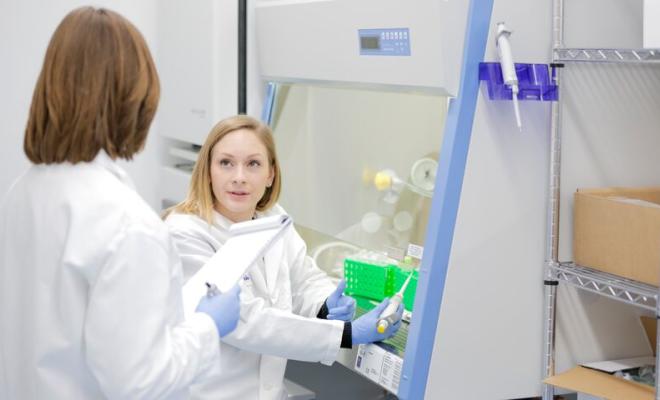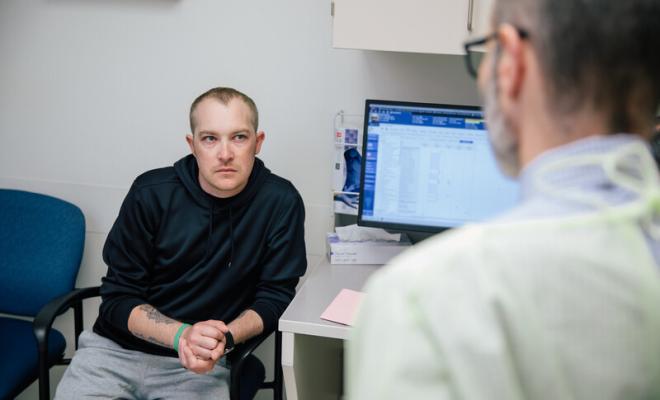What Is mRNA Therapy?
Genes are specific sequences of
There are several different ways to provide the correct genetic instructions to cells. Gene therapy involves providing a new, nonmutated copy of the
Watch this video to see how this process might work.
Advantages and Challenges of mRNA Therapy
An advantage of mRNA therapy is that it does not affect a person’s DNA or CFTR mutations. Unlike gene editing or integrating
A disadvantage is that mRNAs are naturally broken down quickly inside cells, so the effects of the mRNA therapy might last only for a short time, such as one or two weeks. This would mean that the treatment would likely need to be re-dosed regularly for it to continue to work.
Watch this video to learn how different genetic therapies, including mRNA therapy, gene therapy, and
mRNA therapies are being developed to treat a wide range of diseases, and several potential mRNA therapies for CF are currently in our Drug Development Pipeline.
To hear more about genetic therapies in the pipeline and how they might work, watch this webinar, recorded in March 2025, featuring CF research experts Kara Foshay, PhD, and Heather Hathorne, PhD, RRT, CCRC.



